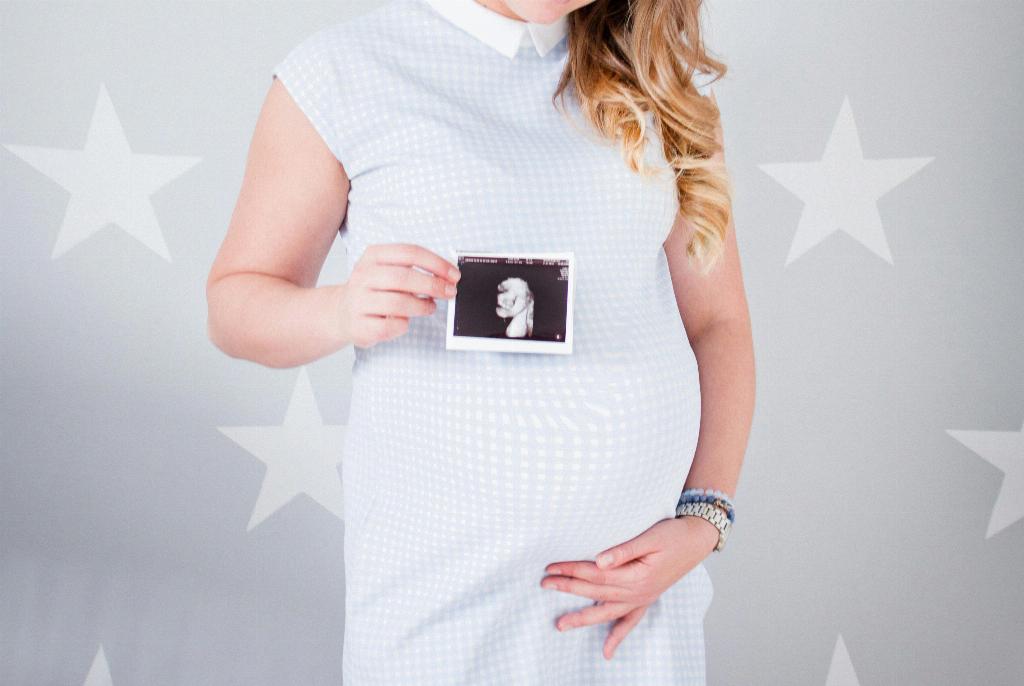Before we delve into whether clear discharge indicates pregnancy, let’s first understand what vaginal discharge is. Vaginal discharge is a normal bodily function for those with reproductive systems. It is a fluid produced by the cells in the vagina and cervix that helps keep the vagina clean and moist.
What Clear Discharge Signifies
Clear discharge from the vagina is typically a sign that a person is ovulating. During ovulation, the body releases an egg from the ovaries, and this process can cause the cervical mucus to become clear and slippery, resembling egg whites. This type of discharge is thin, watery, and generally odorless.
Possible Indications of Pregnancy
While clear discharge is commonly associated with ovulation, it can also be an early indicator of pregnancy. Some individuals may experience an increase in vaginal discharge shortly after conception. This discharge may be thin, milky, and have a mild odor, similar to the discharge seen during ovulation.
Factors Influencing Discharge
It is essential to consider that various factors can influence the characteristics of vaginal discharge, including hormonal fluctuations, stress levels, sexual arousal, and the menstrual cycle phase. Therefore, it’s crucial not to solely rely on discharge consistency as a definitive indicator of pregnancy.
Additional Signs of Pregnancy
When determining whether clear discharge indicates pregnancy, it’s essential to look for additional signs such as a missed period, breast tenderness, nausea, frequent urination, and fatigue. These symptoms, combined with changes in vaginal discharge, can provide a clearer picture of potential pregnancy.
Consulting a Healthcare Provider
If you suspect you may be pregnant or have concerns about changes in your vaginal discharge, it is advisable to consult a healthcare provider. A healthcare professional can perform tests to confirm pregnancy and address any underlying health issues that may be causing abnormal discharge.
Monitoring Changes in Discharge
Keeping track of changes in your vaginal discharge can help you better understand your reproductive health. If you notice any sudden or significant alterations in discharge color, consistency, or odor, make sure to seek medical attention promptly to rule out any infections or other reproductive issues.
Normal vs. Abnormal Discharge
While clear discharge is typically considered normal, it’s essential to differentiate between normal and abnormal discharge. Abnormal discharge may be accompanied by symptoms such as itching, burning, a foul odor, or a change in color, which could indicate an infection that requires medical treatment.
Practicing Good Hygiene
Maintaining good hygiene practices, such as wearing breathable underwear, avoiding scented products in the genital area, and practicing safe sex, can help reduce the risk of infections and promote overall vaginal health. These practices can also help manage normal vaginal discharge effectively.
Conclusion
In conclusion, while clear discharge can be a sign of ovulation or early pregnancy, it is not a definitive indicator of pregnancy on its own. It is crucial to consider various factors, consult a healthcare provider if needed, and monitor your overall reproductive health to ensure optimal well-being. Remember to pay attention to additional signs of pregnancy and seek medical advice for any concerns regarding changes in vaginal discharge.

